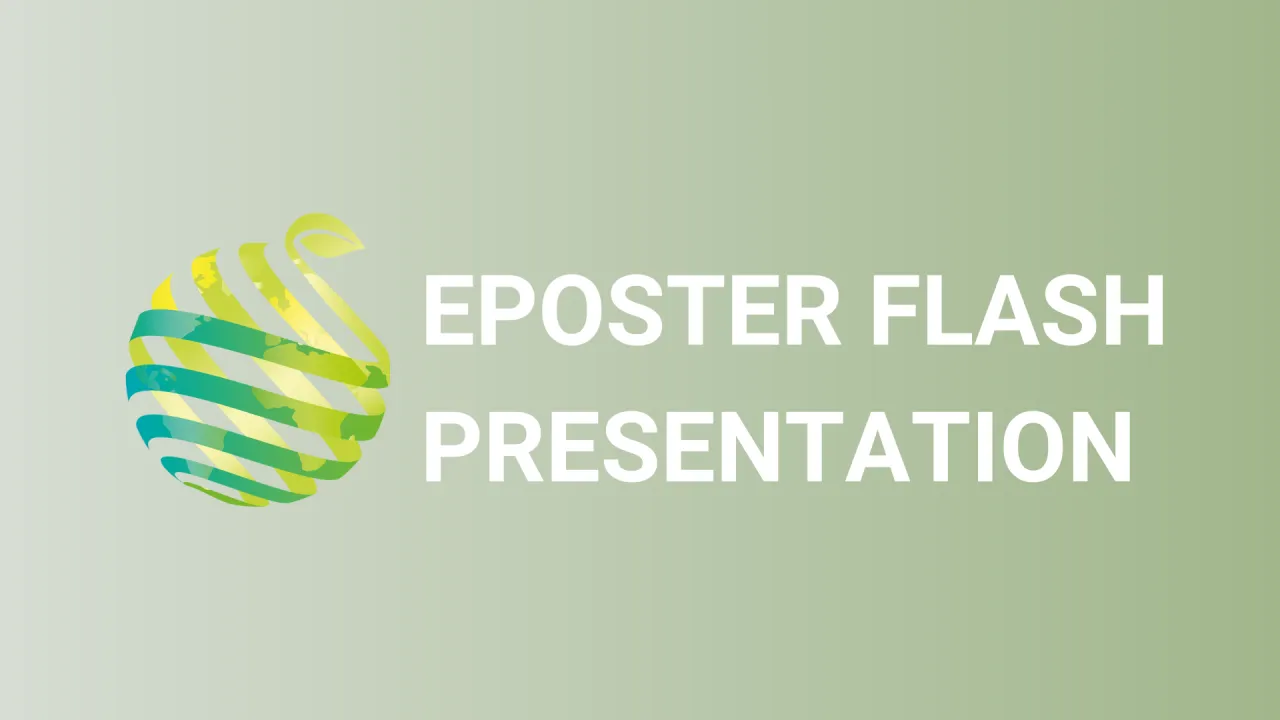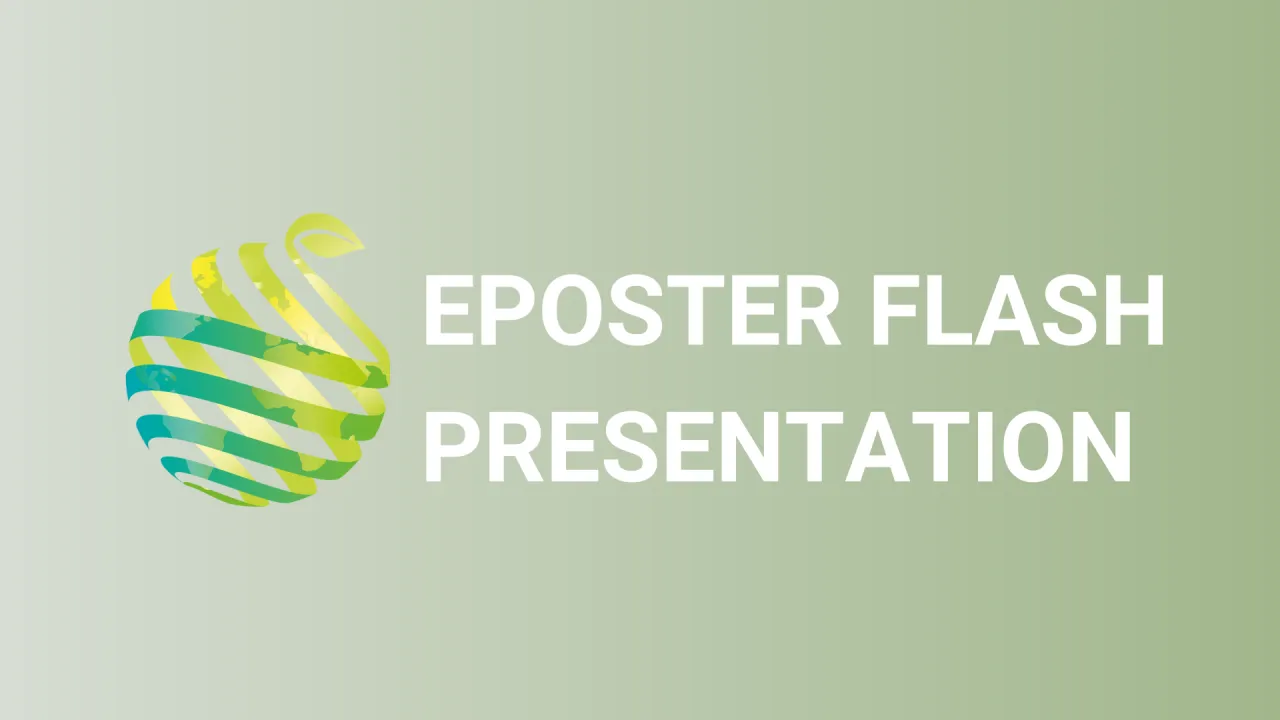

S06 - Session P3 - Qualitative responses of rocket varieties to biostimulants application
Information
Authors: Alice Petrini *, Giulia Franzoni, Sara Vignati, Davide Guffanti, Francesco Elia Florio, Giacomo Cocetta, Antonio Ferrante
Nutritional quality and health benefit of vegetables are often related to the accumulation of biological active substances like secondary metabolites and phytonutrients. Numerous scientific evidence demonstrated the positive impact of plant biostimulants on different product quality traits. This work aims to investigate the effect of two biostimulant products on some quality traits in two cultivars of Eruca sativa Mill (E1 and E2) and two cultivars of Diplotaxis tenuifolia (L.) DC (D1 and D2). Rocket plants were grown under a greenhouse tunnel in summer 2021 (June-July) and two commercial biostimulants were tested: Megafol® and Actiwave® applied two times during cultivation at the concentration of 0.3 mL/L and 3 mL/L, respectively. Sampling and related analyses were carried out at harvest. Changes in chlorophyll and chlorophyll a fluorescence were measured with non-destructive tools, whereas several compounds such as total and reducing sugars, sucrose, total glucosinolates, nitrates, chlorophyll, carotenoids, anthocyanins, and phenolic content were analysed through laboratory determinations. Results showed some diversity among rocket varieties and in response to the biostimulant products. The nitrate content was generally lower in plants treated with Actiwave compared to the control and regardless the cultivar. At the same time, the product induced a slight increase of total sugars in Diplotaxis genotypes, whereas the levels were steady in Eruca varieties. Megafol application induced an opposite effect in the accumulation of total sugars in D2 and E1 varieties whereas no change was observed in D1 and E2. The same treatment caused a slight decrease in phenols and anthocyanin content in D1 and E1 cultivar while the levels measured in D2 and E2 were similar to the control plants. The results revealed a variability in the quality traits depending on the combined effect of biostimulants application and genetic background. Further research will help to clarify which product is better for the specific varieties.